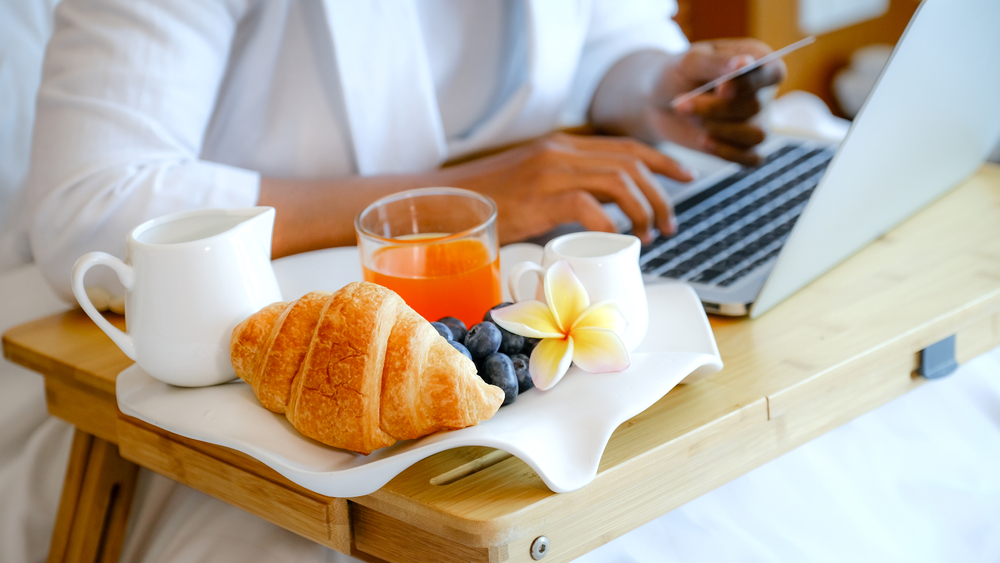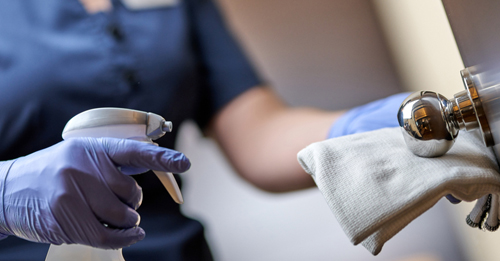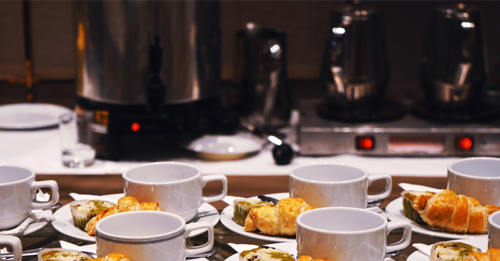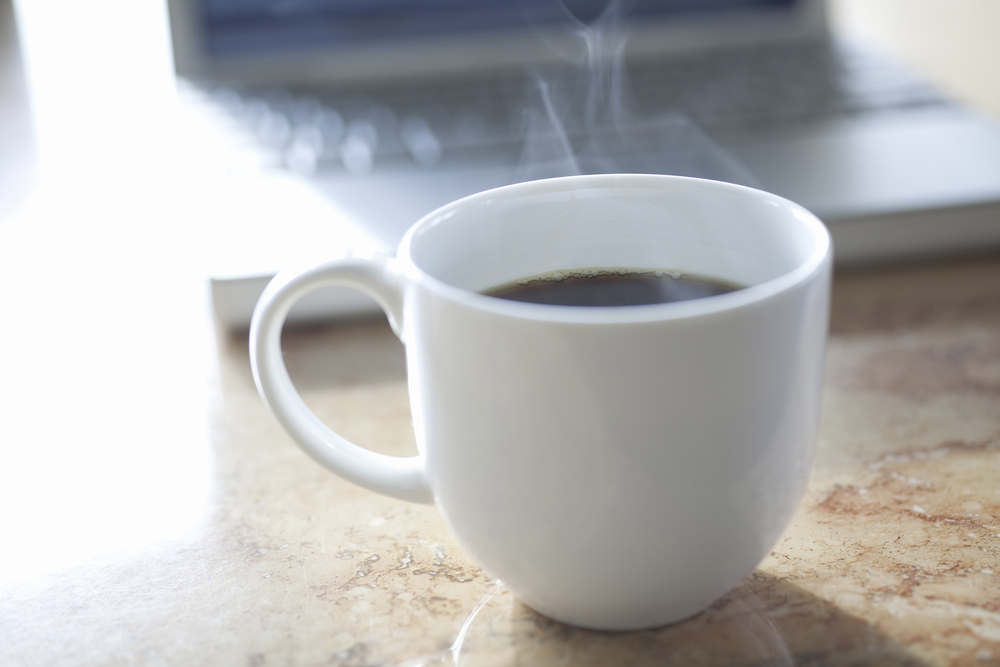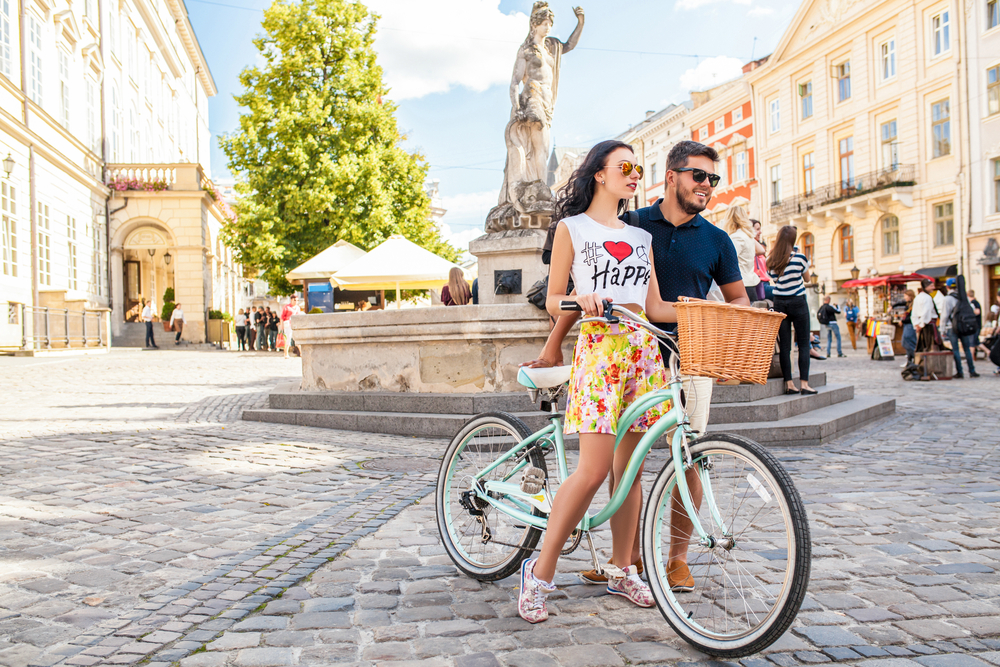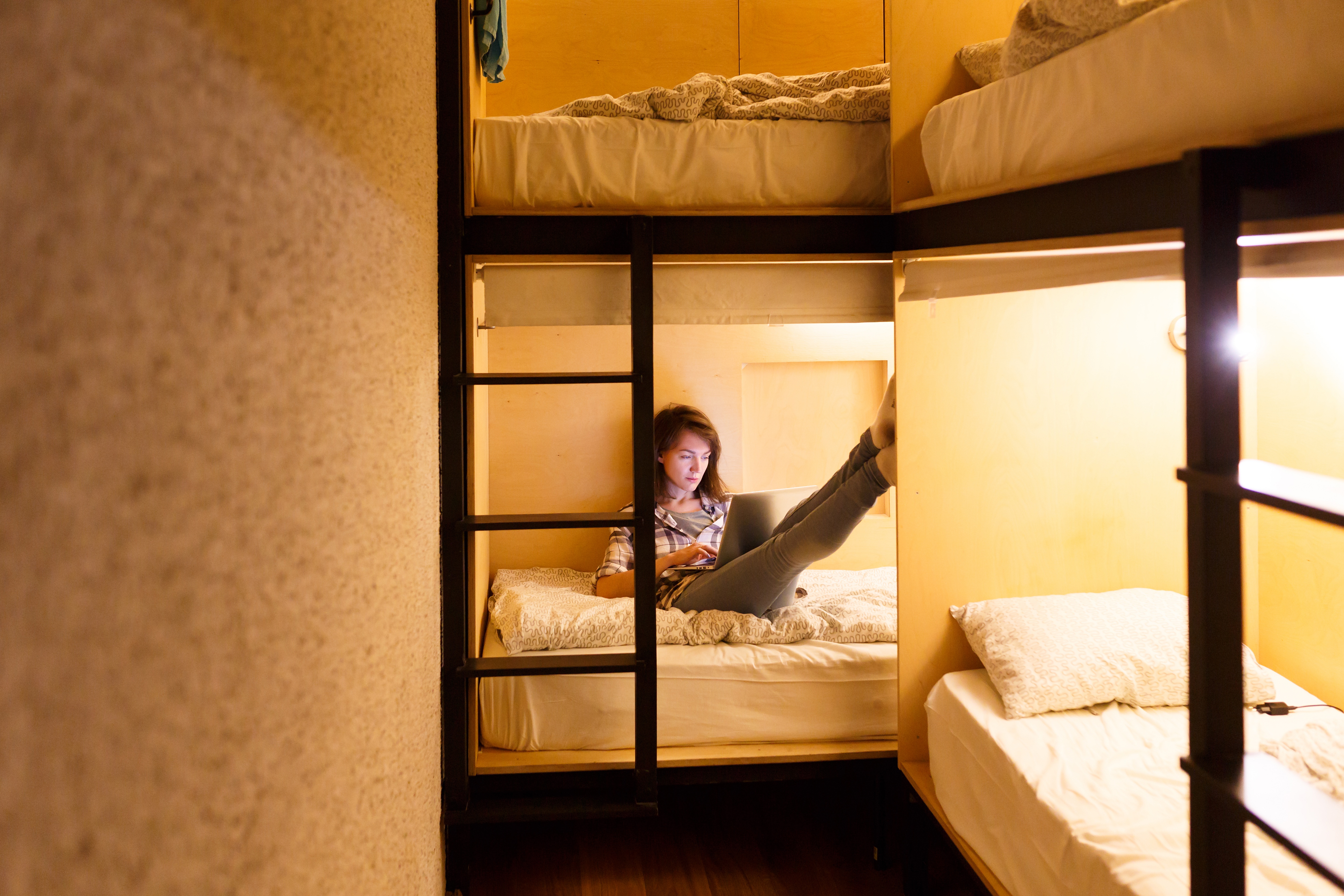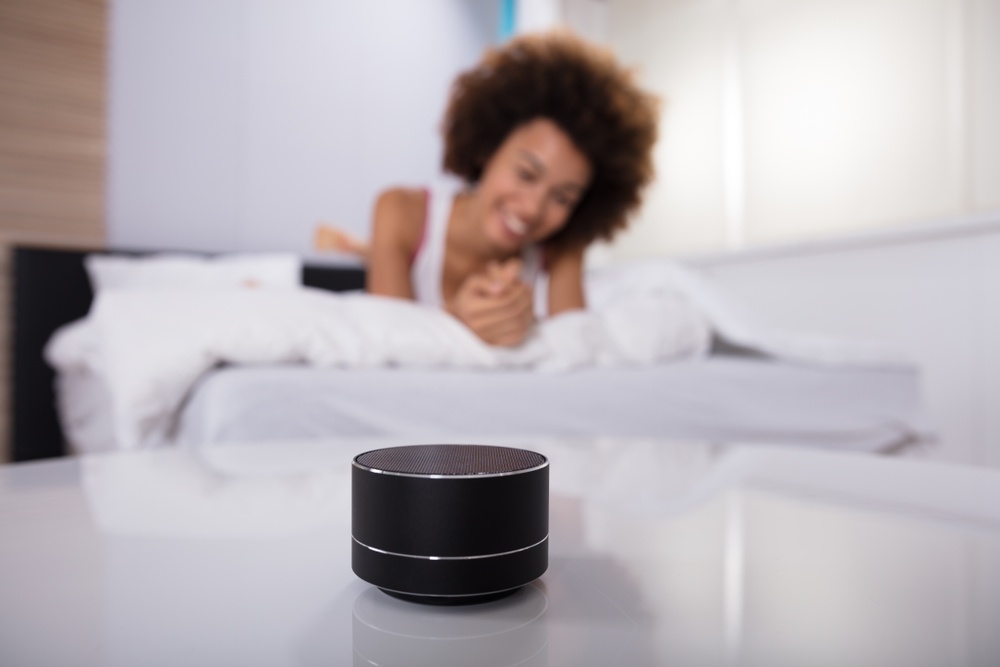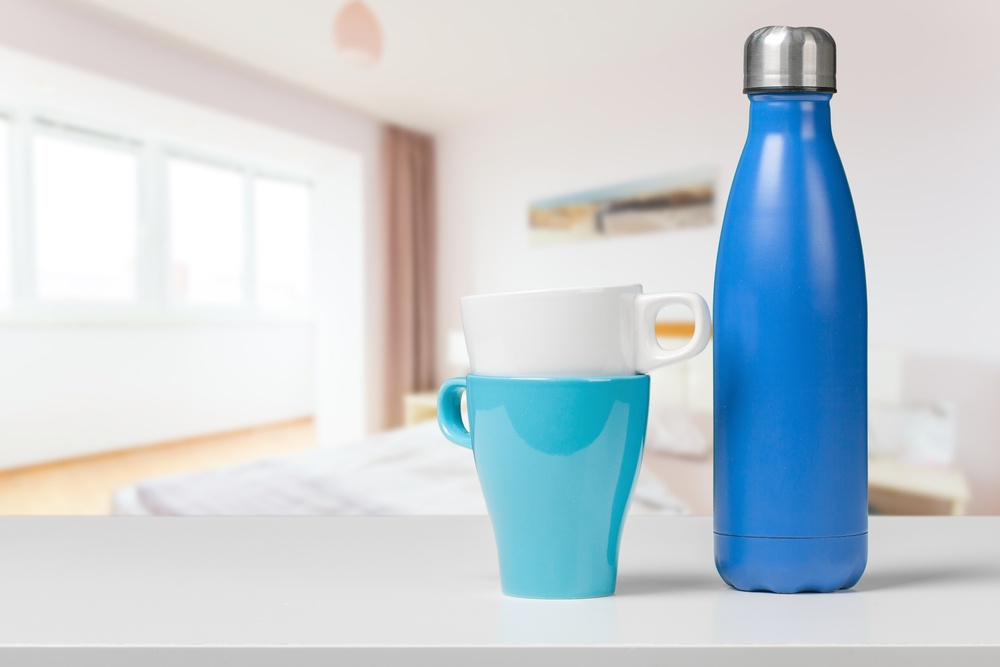“Expectations are resentments under construction,” said writer Anne Lamott. That’s especially true in the hotel industry right now, as staffing shortages force cuts in services.
- Guests expect a full free breakfast… and they get yogurt and a granola bar.
- Guests expect sparkling clean rooms… and they see hasty housekeeping.
- Guests expect to enjoy hotel amenities… and they discover the gym is closed and cocktail hour is canceled.
Guests were willing to lower their expectations for a while, Carolyne Doyon, Club Med’s president and CEO for North America and the Caribbean, said at the recent Caribbean Hotel & Resort Investment Summit. "You know, little things that would have bothered them pre-pandemic, they were accepting. But as we are moving forward, we're back to pre-pandemic expectations” — which can be hard to meet.
In the face of widespread labor shortages, how can you improve satisfaction and prevent disappointment (and, yes, resentment) in hotel guests?
Read More
Topics:
Featured,
hotel breakfast,
Hotel F&B,
hotel labor shortage,
hotel guest satisfaction
Hotel guest satisfaction is holding steady overall, the 2021 J.D. Power North America Hotel Guest Satisfaction Index Study found. But guests have one big criticism: They miss breakfast.
More than a third of hotels eliminated buffet breakfasts from May 2020 to June 2021, the study found. Satisfaction with breakfast offerings dropped across the board (except in the economy segment, which rarely offered hot breakfast pre-pandemic.)
"It is clear that guests expect breakfast service to resume, especially in limited-service hotels that usually provide complimentary hot breakfast," said J.D. Power hospitality practice lead Andrea Stokes. Labor shortages, food costs and COVID concerns can make this a challenge, however.
What’s the best hotel breakfast to keep costs down and satisfaction levels up? Here are some innovative approaches.
Read More
Topics:
Featured,
hotel breakfast,
Hotel F&B,
hotel breakfast buffet
For a while, hotel operators focused intensely on reducing single-use plastics. Travelers, eyes open to the devastating impact of plastic trash on oceans and beaches, demanded more sustainable options. Governments imposed restrictions on plastics, including the EU’s ban on certain single-use plastic items and California’s ban on small plastic toiletry bottles (New York has since followed suit).
The COVID-19 pandemic paused these efforts, but also forced a shift in thinking. While plastic use remains a problem, climate change has been thrust into the forefront — and for hospitality professionals, addressing it is no longer optional.
The Cornell University School of Hotel Administration recently hosted a roundtable, “Sustainability in the Hospitality Industry: Challenges and Opportunities,” with some leaders in the field. Here are some key takeaways.
Read More
Topics:
Featured,
Hotel Sustainability,
sustainability in hospitality,
sustainability in the hospitality industry
Hotels in the United States and elsewhere in the world must now work to attract those guests who are considering a return to travel, says Taimur Khan, who is Vice President and GM, Global Transportation, Travel and Hospitality Solutions Team for Salesforce.
“For this next cohort that has never traveled in the last seven, eight months, their health and safety is going to be paramount. They have to be made comfortable,” Khan advised in a recent roundtable discussion sponsored by the Cornell School of Hotel Administration at Cornell University.
Making guests comfortable: It’s what hoteliers do best, but it’s also an enormous challenge in the age of COVID-19. Hamilton Beach Commercial analyzes the roundtable experts’ recommendations for hotel cleanliness and communications, and offers a few of our own.
Read More
Topics:
Featured,
hotel sanitation,
pod cleanliness
The coffee urn is an unsung hero. It’s people’s first stop at the hotel breakfast bar, the conference catering table and the early-morning meeting. You plug it in, turn it on and it does its thing — day after day and week after week. No one ever really pays attention to it… until something goes awry.
How can you fix problems with your commercial coffee urn? And how do you know if you should upgrade to a newer, shinier model? Here are four signs to look for.
Read More
Topics:
Featured,
commercial coffee urn,
hamilton beach commercial 60 cup coffee urn,
best coffee urn,
best commercial coffee urn
A bad cup of hotel coffee will mess up your whole morning.
You turn on the in-room coffee maker, desperate for some caffeine to prepare you for the long day ahead. To your dismay, you find your cup filled with a liquid that is almost, but not quite, entirely unlike coffee (to paraphrase Douglas Adams).
It’s watery. It’s weak. All you can do is grimace and drink it, or put on some pants and stumble down to the lobby to find something stronger.
Don’t inflict this on your guests! Hamilton Beach Commercial®’s (HBC) hotel coffee makers are designed to maximize coffee extraction for a more satisfying cup — and more satisfied guests. Here’s how we do it.
Read More
Topics:
Featured,
hotel coffee,
hotel coffee maker,
in room coffee maker,
hospitailty coffee maker,
one cup coffee maker
We’re a little weary of the word “curated.” Maybe you are, too. But hotel guests have come to appreciate — even expect — a thoughtfully personalized experience when they stay at a finer hotel.
Hotels have deployed all kinds of tech to meet this demand, including guestroom AI (like Alexa for Hospitality), apps to control room preferences, and the Internet of Things. But guests want more — especially when they stay in luxury hotels, says Wouter Geerts, a travel industry consultant for Euromonitor International: “The understanding of what luxury is has totally changed. We live in a very individualistic world, but people are seeking ways to be part of something.”
Here are three ways that hotels around the world are shaping the guest experience to be more personal, more memorable and more transformative than ever.
Read More
Topics:
Featured,
transformational travel,
travel trends,
guest experience
Hip London-based hostel brand Generator recently announced that it doesn’t want to be a hostel company anymore. “The moment we call ourselves ‘hostel,’ it limits us in certain markets,” Generator CEO Alastair Thomann said.
So is Generator a hotel company now? No. Instead, it will simply be called “Generator.” More than a hotel branding quirk, the change reflects the widespread convergence in the hospitality industry, Thomann said, in which hostels are becoming more like boutique hotels (aka poshtels) and boutique hotels are offering dorm-style accommodations. These experiments in community-driven, non-traditional hospitality also enable hotel companies to better compete with Airbnb and its cousins.
So, when is a hotel not a hotel? Let’s look at some ways hospitality companies are bending their brands.
Read More
Topics:
Featured,
hospitality trends,
hotel industry trends,
hotel branding
“Alexa*, close the blinds.”
“Alexa, what time does the gym open?”
“Alexa, can I get some more towels?”
Soon, dialing "0" for the front desk will be an artifact of the past. The latest trend in hotel tech is artificial intelligence for guest rooms: conversational AI systems that can handle guests’ common questions and requests. This innovation is about to go mainstream, as Amazon’s Alexa for Hospitality is being tested at select Marriott, Westin, St. Regis, Aloft, and Autograph Collection hotels (including the Charlotte Marriott City Center, the hotel innovation incubator we’ve featured.) How does this system work, and what are the benefits of adopting it?
Read More
Topics:
Featured,
Alexa for hospitality,
Conversational AI,
Hotel artificial intelligence,
Hotel tech
Starbucks is getting rid of plastic straws. McDonald’s, too. But what about the hospitality industry?
Hotel chains, cruise lines and tour companies have lagged behind in efforts to eliminate plastic straws and other single-use plastics. But that’s changing, as major players like Marriott and Royal Caribbean are seeking out new ways to phase out these environmental hazards. Practically speaking, how difficult is it to make this change? And does it really make a difference?
Read More
Topics:
Featured,
plastic straws,
plastic straw bans,
stainless steel straws


